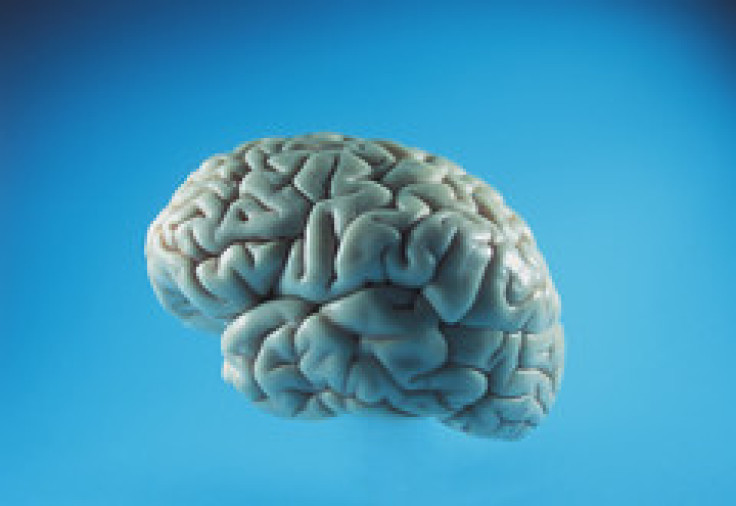Building your memory that lasts

Janet Wiles, a cognitive scientist and co-author of The Memory Book: Everyday Habits for a Healthy Memory says that physical activities make new brain cells.
She said that brain cells made up in small number everyday and that number are useful in linking them into existing knowledge and memory. Thus, learning something new everyday improves our memory.
Her students at the University of Queensland are delighted to hear that exercise, and not cramming, is the first step on the path to learning that lasts.
Wiles wrote the book with her mother, Judith, a former TAFE teacher intrigued by memory, how it works and how it fails.
Much of the book is pitched at those reaching an age where they start to wonder whether a memory lapse is just that or a sign of something more ominous.
What is memorable is the eccentricity of tricks and stratagems against forgetting. The book bristles with anecdote.
For example: If I am listening to somebody else talking and I have a thought that I cannot express right away, I imagine holding a fishing line, which is attached to my idea. As soon as I am released from the obligation of listening, I zip to the end of the cord and . . . there is my original idea. This seems to work provided there has been enough time - a second or two - to entrust the idea to the fish's care.
Wiles says that for students, learning is not by reading books and paragraphs over and over again, but to try and recall what they have just read.
Taking time to encode [material] properly and then rehearsing it, bringing it to mind several times, keeps it there in terms of long-term storage.
jm











